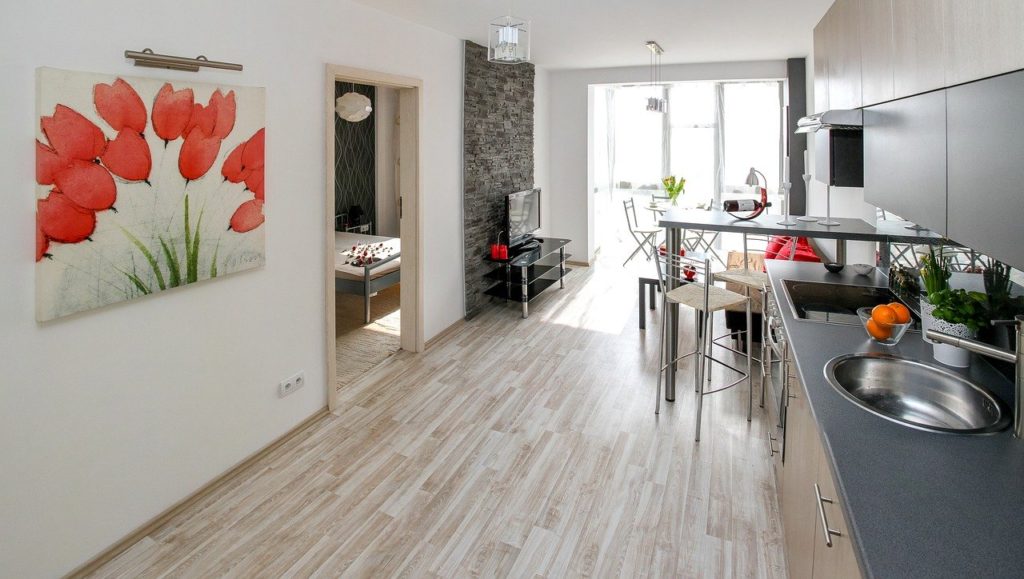All opinions are mine and mine alone.
6 Factors to Consider When Apartment Hunting
Apartment hunting can be stressful. Especially if your current lease is ending soon, you may be tempted to sign for the first seemingly decent unit you come across. Not so fast! This is not a decision you want to rush.

Finding an apartment that suits your budget and lifestyle is important. After all, you will be paying thousands of dollars to live there for the next year. The unit should be one you’re glad you leased. So, when apartment hunting, here are some of the most important factors you should consider. If you’re planning on moving in with one, or a few, friends, it’s best to bring them along when you go to check out apartments for rent in San Bruno.
1. The Price
Before you jump on apartment-hunting websites, determine your budget. Crunch some numbers to figure out how much you can pay in rent each month. Don’t forget to factor in other costs; living in an apartment comes with expenses not covered by your rent (utility costs, parking fees, etc.). Knowing your budget is crucial. This will ensure that you pick a place that you can actually afford.Once you know your budget, do some research about rentals in the area you’re moving to. See what a typical unit goes for. Knowing this information will help you pick a reasonably-priced apartment and even negotiate.
Note: Most apartment-hunters look for the cheapest unit possible. Keep in mind that unusually low rent is often too good to be true.
2. General Condition
An apartment might look great in pictures. But, the only way to determine if it’s in good shape is to view it in person. Schedule a tour to get a feel for the place. Look for chipped paint, scratches, and other cosmetic issues, and ask the landlord if they will fix them. Also, keep an eye out for more serious problems. Broken windows, rust, leaks, pests, etc. are major red flags. It might be a good idea to search for nearby pest control in order to find a professional who can check the apartment for any bugs before you sign the lease.
3. Location
Of course, you’ll want to pick a place that is in a safe area. Take a drive through the neighborhood to get a sense of the community. Do some research on the areas’ safety record to further put your mind at ease.
4. Its Pet Policy
Some people want to live in a complex that is pet-free. Others have pets that will need to move in with them. Regardless, make sure you are clear on the landlord’s pet policy before you sign the lease. If you fall into the latter category, make sure to find a landlord that allows pets. Figure out what types of animals (breeds, sizes, etc.) they permit. And, ask if you’ll have to pay additional fees/security deposits for your pet. If your animal is an emotional support animal, it is exempt from no-pet policies in rental units. So, as long as you present an emotional support animal letter, a landlord must permit your animal.
5. The Landlord
Truth be told, a landlord can make or break your rental experience. You should look for a landlord that is friendly, communicative, and willing to address issues. It can be hard to get to know your landlord before you move in. Try your best to meet with them before signing. Or, at least chat with them on the phone.
6. Proximity
Let’s say you find a great apartment that has everything you’re looking for. But, it’s far away from your school, job, and family. If you don’t want a long commute, it might be worth it to find a place that cuts down on driving time (and therefore fuel costs).
Start Early
As you can see, there’s a lot to consider as you hunt for an apartment. We recommend starting your search 1-2 months before your move-in date. This will give you plenty of time to find an affordable unit that meets your unique needs.
Happy apartment-hunting!



Speak Your Mind